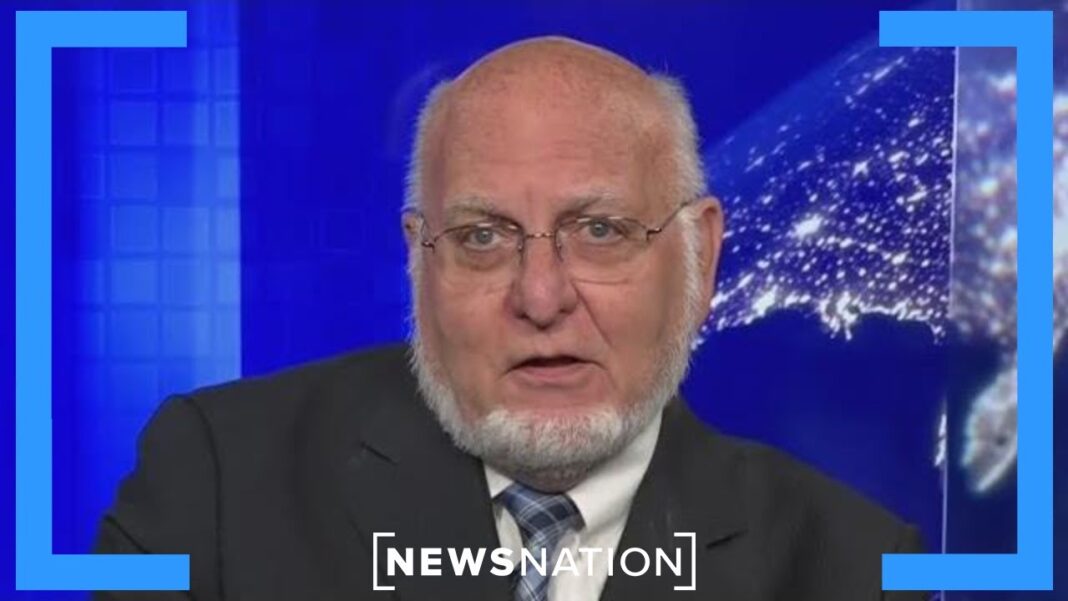The two elections bear striking similarities, but important differences allowed one to succeed, while the other failed.
A November election decades ago produced a clear winner in a hotly contested presidential race. Yet the popular vote immediately came under scrutiny in several states. In one, auditors discovered clear errors in tabulating vote totals. In others, credible evidence of election fraud was uncovered.
With a court challenge underway, electors from both parties met at a state capitol and conducted the electoral vote. Two certifications were forwarded to Washington: one declaring the Democratic candidate to be the victor, the other naming the Republican.
The Republican vice president—also a candidate in the race—convened a joint session of Congress on Jan. 6, 1961. Without fanfare, he moved to accept the Democratic slate of electors and set the Republican electors aside.
So ended the presidential election of 1960.
The state in question was Hawaii. The vice president was Richard Nixon, who ran against Democrat John F. Kennedy and would have won if as few as 11,000 votes spread over five battleground states had gone the other way.
Sixty years later, history nearly repeated itself as Republican electors from seven states sent alternative electoral certifications to Washington amid allegations of election fraud.
This time, the alternate slates were rejected. On Jan. 6, 2021, in a joint session presided over by Republican Vice President Mike Pence, also a candidate in the race, Congress certified Democrat candidate Joe Biden the winner over President Donald Trump.
Many Americans have no memory of the 1960 election, and few are likely aware of the striking similarities between it and the 2020 election. The Hawaii election provided the rationale for the alternate elector plan promoted by some associates of President Trump following the 2020 election.
Since last year, criminal prosecutions have been levied against Republicans who took part in the plan in Michigan, Georgia, Nevada, New Mexico, and Arizona. President Trump is facing related charges in a Washington federal court.
The two elections have much in common, yet the cases exhibit key differences that spelled success for the alternate electors in 1960 and defeat in 2020.






